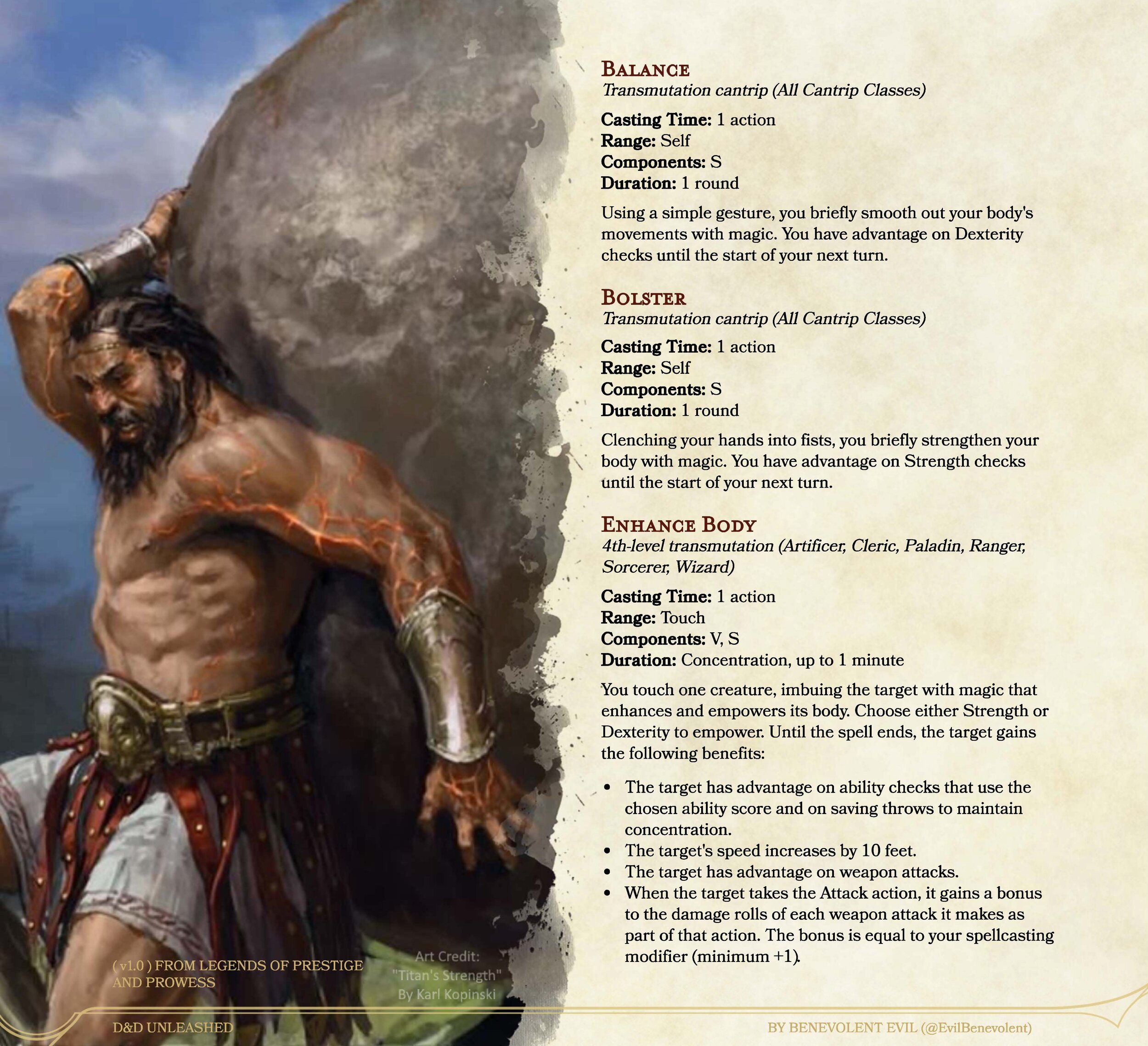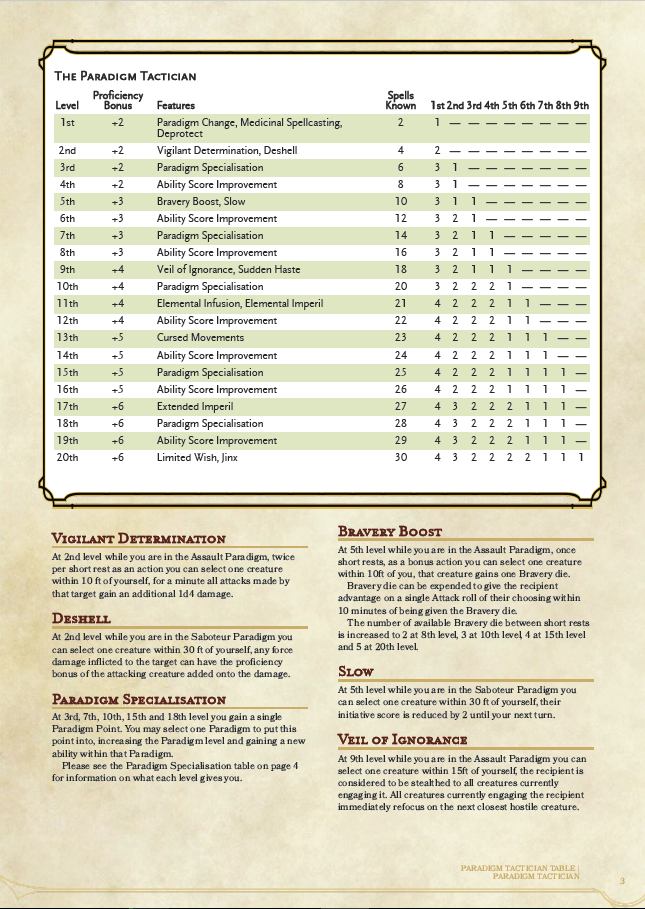
.jpg)
Figure out why your player wants to use what they brought you. This is an important stage because it will inform the rest of the process.Īsk a lot of questions at this stage. In this stage, your player presents you with the content which they would like to use. If you’re reading this article, you may have already reached this stage. Your player will be an active participant in each of these steps. Here’s a general idea of how I handle homebrew in my own games, and which I think you may find helpful. Much like creating homewbrew content, reviewing other people’s homebrew for use in your game can be a process. They may be disappointed, but you’re the one bearing the burden of whatever crazy new thing they want to introduce to the game and it’s perfectly fine to decline that additional burden on top of being a Dungeon Master.

If something is so fundamentally broken that you’re not okay using it, it’s totally fine to say “No” to your player. If you already made tweaks and they didn’t work out, try something else. If you allowed the homebrew content unmodified, maybe you make some small tweaks. If you made a decision and you just had a session where you regret it, it’s totally fine to change you previous decision. “Yes, but I need you to not do X” is a perfectly fine answer.ĭecisions Can Be Changed. You can allow homebrew content, but it’s often wise to impose limitations. As the Dungeon Master you’re the arbiter of the rules, and you have a responsibility to keep them from falling apart. While “Yes, and” is a common mantra in improvisational acting (and it’s a good suggestion in roleplaying), character options are mechanics, no play-acting. Before You Startīefore you consider any specific homebrew options, here is some general advice which I hope will help you feel more confident:

If you’re considering writing your own homebrew content, you may also enjoy my article on Writing Homebrew Character Options. It will take some work, but in the end it can be very satisfying. In this article, we’ll go into detail on what you can do to safely allow homebrew content in your game. Either way, you might feel suspicious about whatever they’ve presented to you, and you might not feel comfortable deciding if it’s safe to allow in your game. Maybe they saw it online somewhere, or maybe they wrote it themselves. Someone in a campaign that you run came to you with something that’s not in the official sourcebooks.


 0 kommentar(er)
0 kommentar(er)
